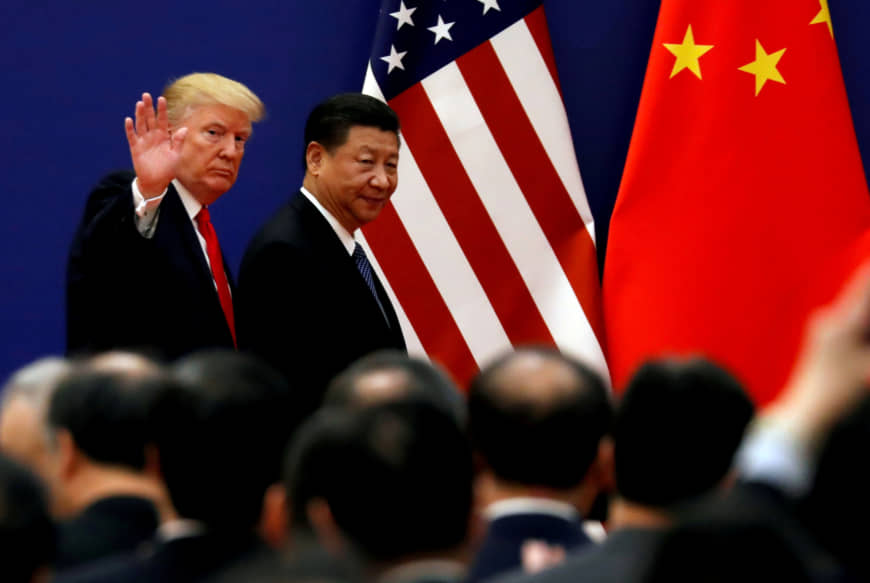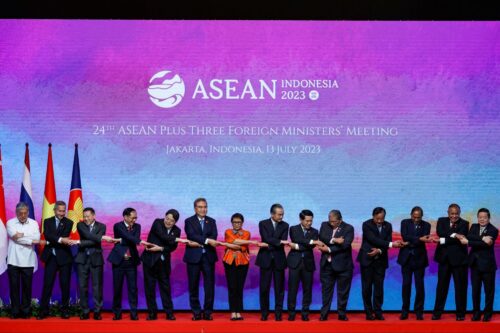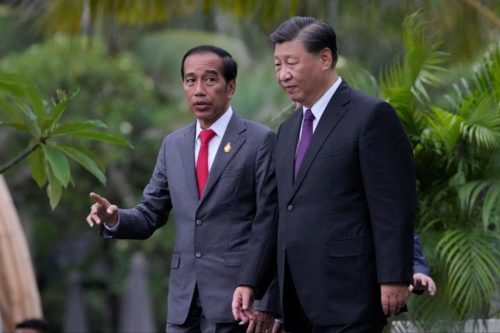Xi and Trump ‘consolidate important consensus’

Negotiating teams from China and the U.S. have been in touch in advance of the G20 in Osaka, June 28–29, when Donald Trump and Xí Jìnpíng 习近平 are expected to meet.
“The sides were seeking to ‘consolidate the important consensus reached between the two leaders’ in a telephone call last week, Wáng Shòuwén 王受文, a Commerce Ministry vice minister, told reporters,” reports the AP. Wang gave no details about the “important consensus” or what was discussed.
“A phone call on Monday between Chinese Vice-Premier Liú Hè 刘鹤, President Xi Jinping’s point man for trade talks, and his U.S. counterparts, Trade Representative Robert Lighthizer and Treasury Secretary Steven Mnuchin,” resulted in an agreement “to resume talks,” according to the South China Morning Post.
Other news from the U.S.-China trade and tech war, day 355 by our count:
- Instant Pot, a popular brand of pressurized cooker, could “get a $38 price hike due to China tariffs,” reports Bloomberg.
- “After FedEx refused to ship a Huawei phone from Britain to the United States, and the Chinese Foreign Ministry demanded answers, FedEx filed suit against the U.S. Department of Commerce on Monday to avoid having to follow the most recent restrictions the federal government has imposed on doing business with Huawei,” per the Washington Post.
- “American chip startup SiFive sees an opportunity to gain ground in China amid the intensifying trade war by offering an open-source alternative for chip design that could help reduce the country’s reliance on Western technology,” says Nikkei Asian Review.
- Some Chinese semiconductor engineers are pessimistic about developing a homegrown chip industry, according to Nikkei Asian Review:
“There are alternatives in China, but the gap in technology is too big,” said an executive from one of China’s leading artificial intelligence chipmakers, which relies on U.S. technology for chip design. “If we lose access to U.S. software or can no longer receive updates, our chip development will run into a dead end.”
- “Washington’s efforts to isolate Huawei could shut out U.S. tech giants from the continent,” argues the Financial Times. Because Huawei and other Chinese companies dominate the handset and networking equipment markets in Africa, restrictions on American internet companies’ ability to work with Huawei mean African mobile phones get sold without apps from Google, Facebook, and others.
Top image: Damir Sagolj, Reuters, November 2017






